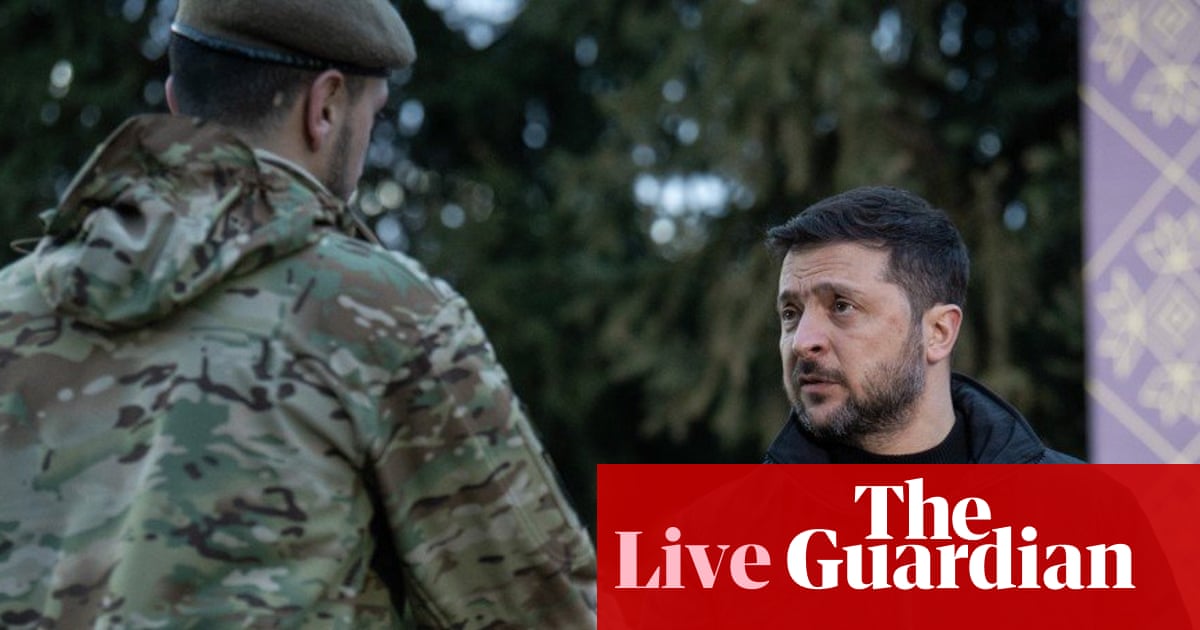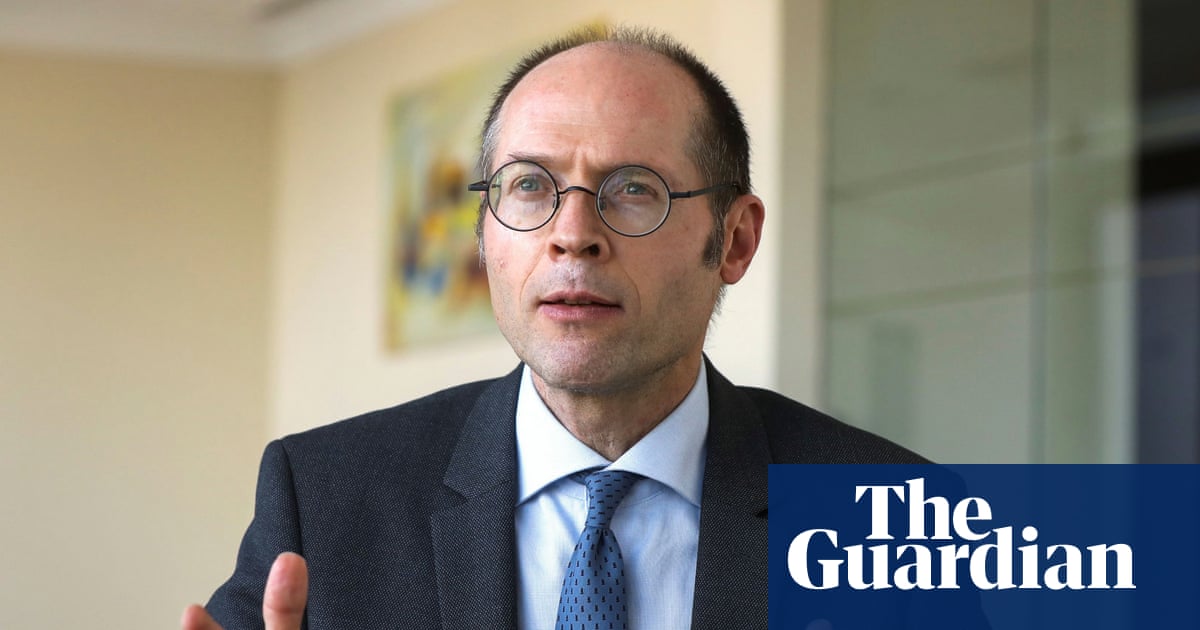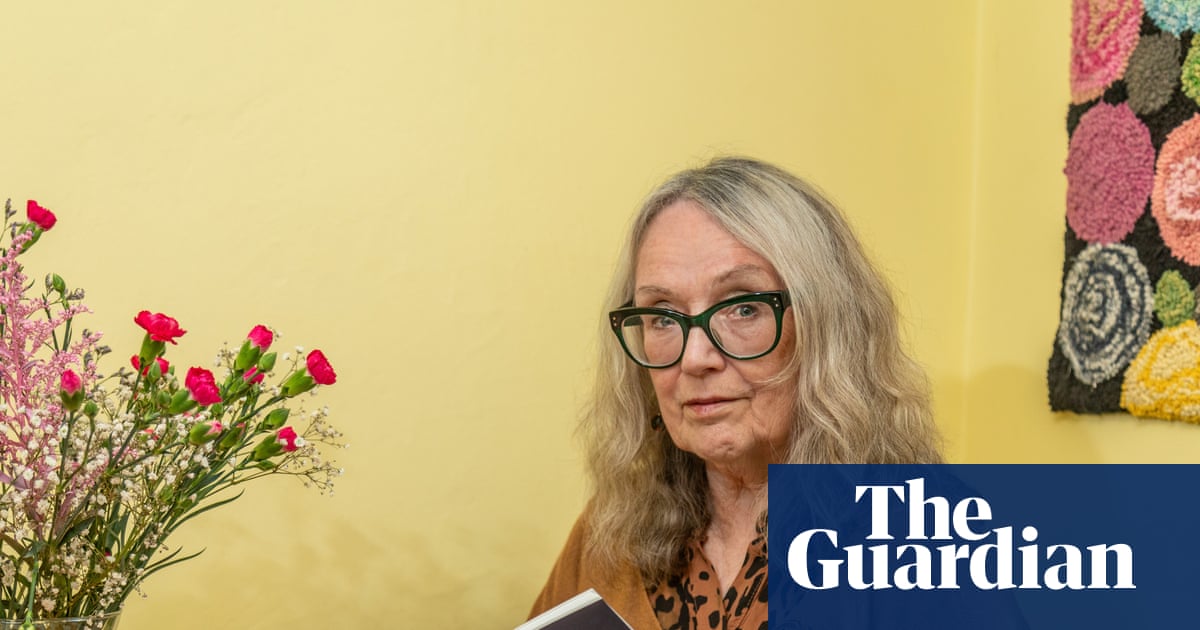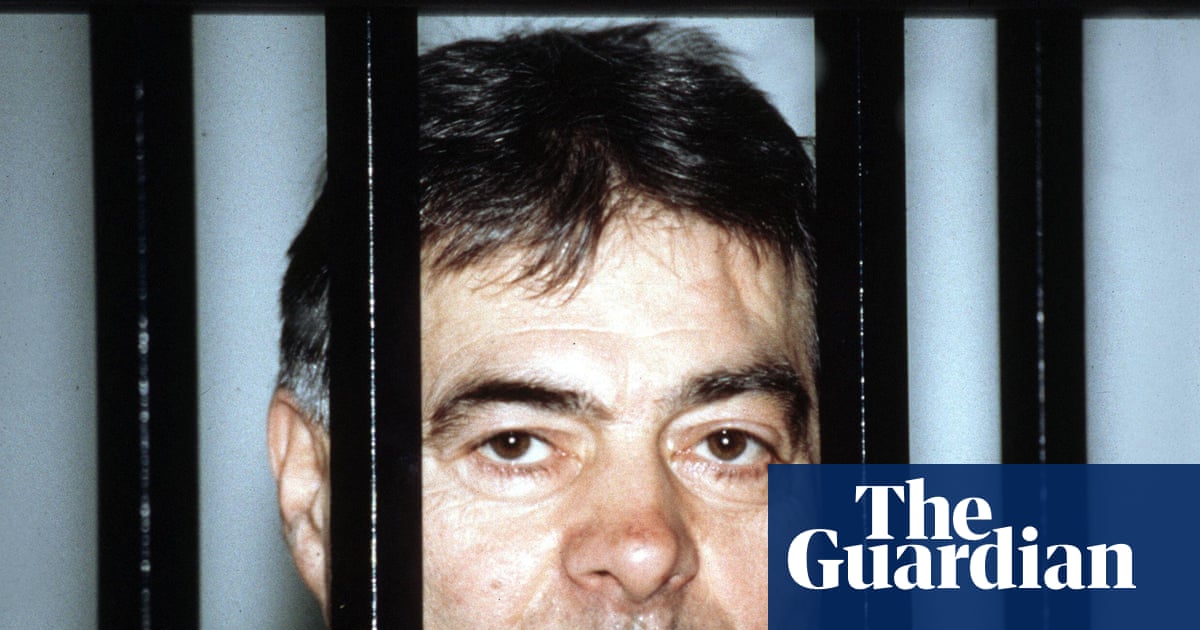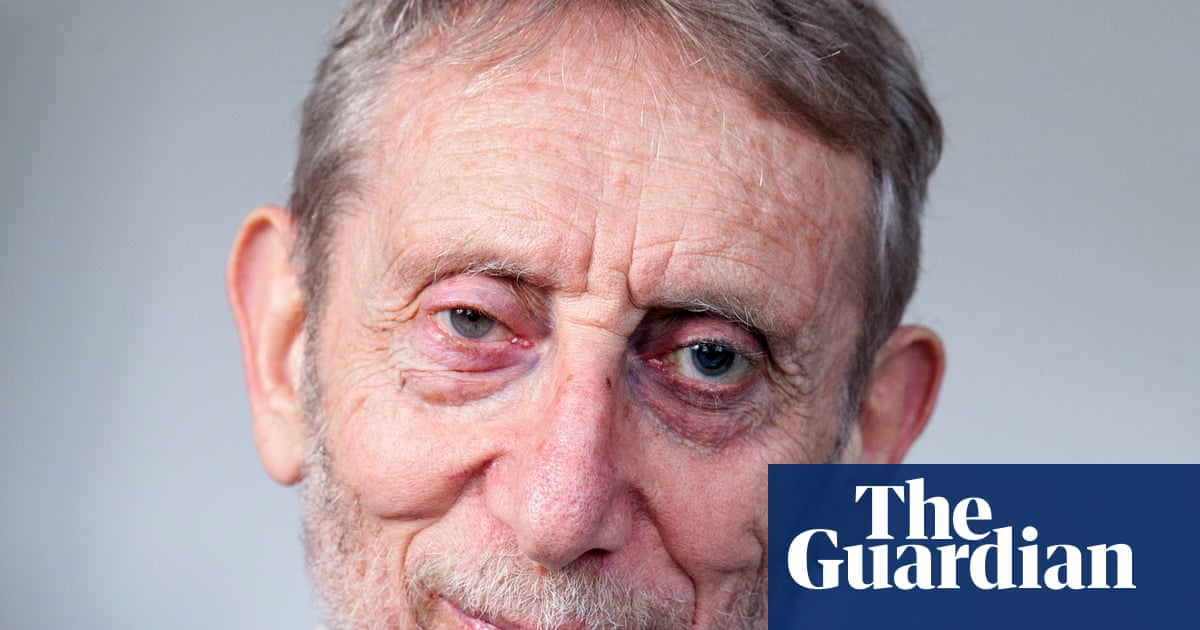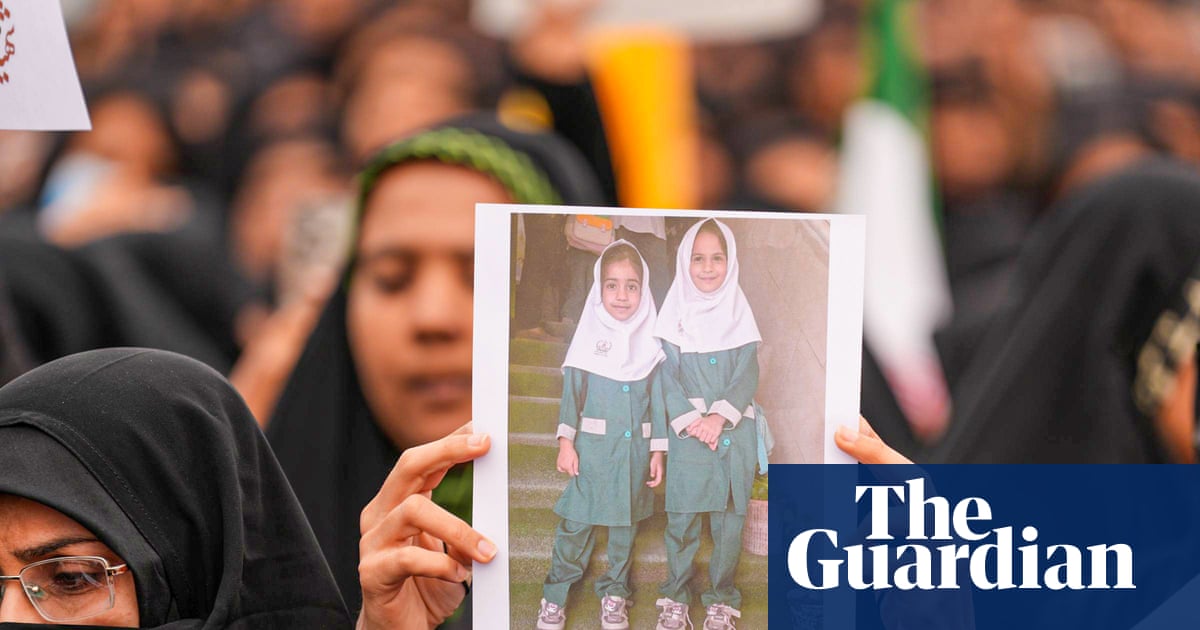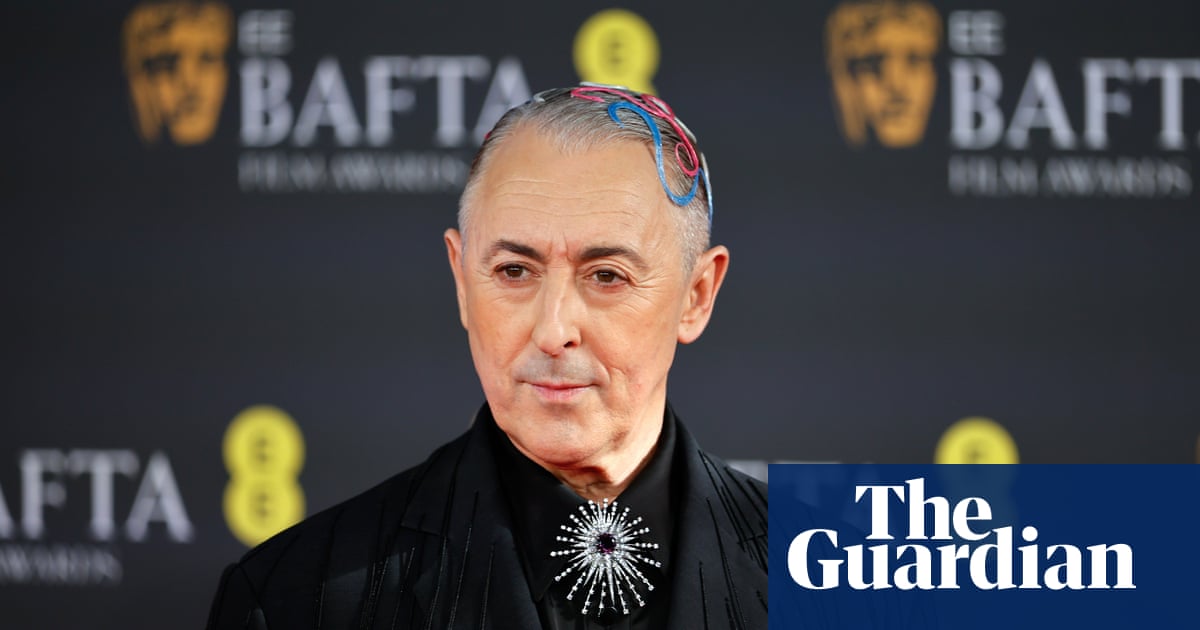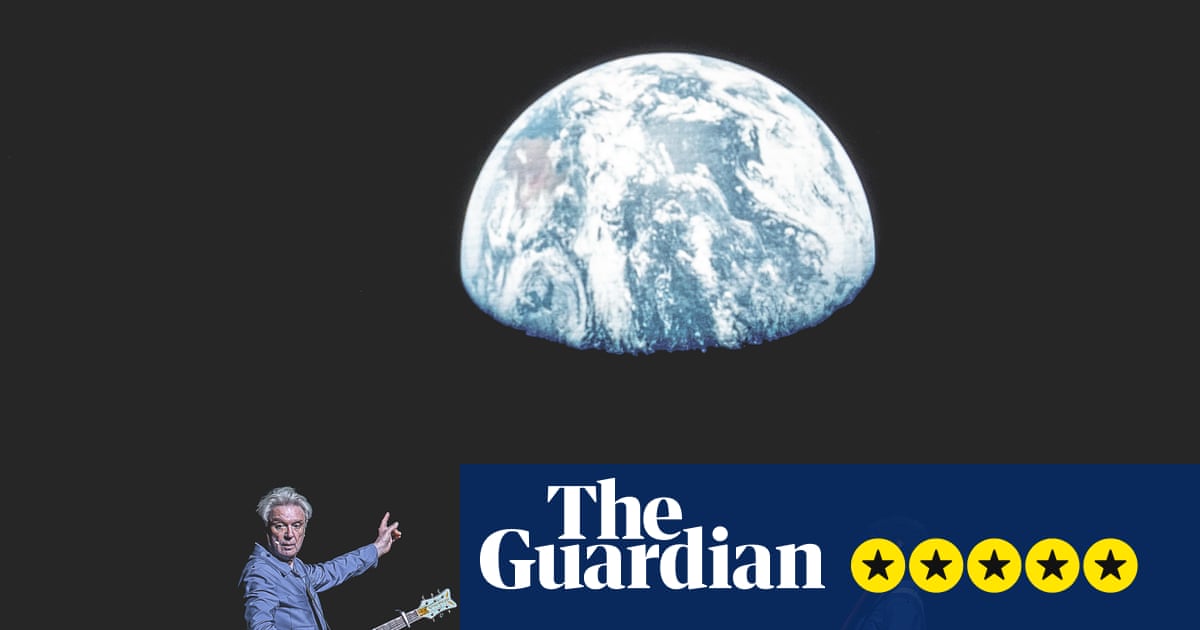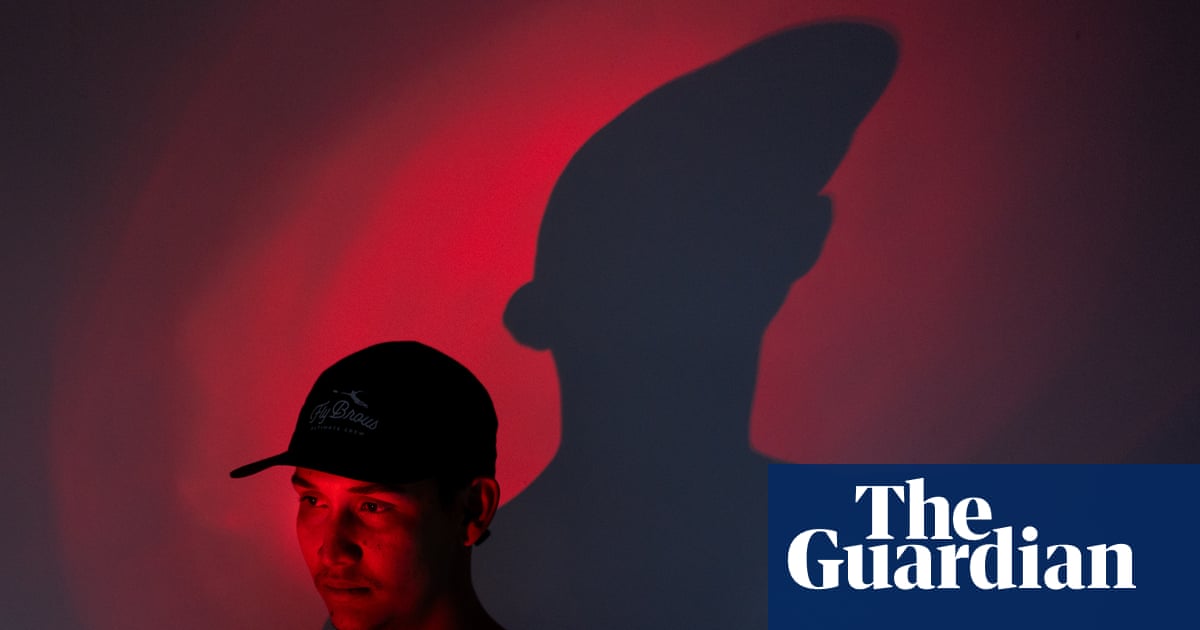Being a TV general-knowledge quiz champion is a funny kind of fame, because random strangers want to test you on all sorts of trivia. “Sometimes I’ll be walking down the street, a car slows, the window goes down and someone screams: ‘Capital of Brunei?’ I answer and they drive off – it’s amusing really,” says Émilien, a 22-year-old history student who this summer became not only the most successful French gameshow contestant of all time, but the biggest gameshow winner in European history and the world record-holder for the most solo consecutive appearances on a TV quizshow.
And everyone, of course, wants to know how he did it.
Émilien, known only by his first name, bounded on to France’s popular general knowledge quizshow, Les Douze Coups de Midi (The Twelve Strokes of Noon) in September 2023 – wearing odd socks for good luck – with only one aim: to reach the next round.
“What did the American aerospace engineer Edward Murphy give his name to?” was his first question. “Murphy’s law”, he replied, explaining about toast inevitably falling butter-side down. The show’s format means that each day’s winner can return the next day to compete again. Émilien kept winning – on topics ranging from 16th-century painting to French nuclear power stations, ice-skating partnerships to Greek myths, French rap to cocktail recipes. No other contestants could beat him. He returned day after day for an astonishing 647 consecutive appearances, over nearly two years.
His run ended in July after 21 months – in a 60-second, timed round, he fell down on questions including “What Breton football club is going up into Ligue 1 next season?” But by then he was a household name. He had boosted audience ratings to more than 7 million and sparked a rush of interest in general knowledge among young people. His daily appearances had become a rare force for stability in a nation in political crisis: while he was on the show, France burned through four prime ministers.
We meet at his modest, sparsely furnished flat on an unassuming street on the outskirts of Toulouse. He had been studying for a history degree here that he had to pause because of the punishing quizshow shooting schedule. Only a very shiny new toaster on the kitchen counter, which looks conspicuously like a prize, hints at his fame. You would never guess he has been handed a giant cardboard cheque for more than €2.5m (£2.2m) – a rollover of almost two years’ worth of prizes that made him France’s first quizshow multimillionaire.
When he first appeared on the show he was 20 and had passed his driving test in a borrowed car less than two weeks before. Within a week, he’d won a Ford Fiesta. But by the time he had finished his run, his knowledge of geography, history and Eurovision song contest winners had won him a total of 23 cars, not to mention scores of vacuum cleaners, food hampers, waffle-makers, televisions, musical instruments, games consoles and board games (as well as a parachute jump and a trip to Lapland). “I had to hire a van to collect the prizes from the studio and put it all in storage,” he says. He also won 40kg of sweets, which he donated to a school. Many of the prizes, he has sold or given away.
“Now if I’m at the supermarket, I don’t have to worry about paying 50 centimes more for a branded product, which is something I’d never have done before,” Émilien says. Otherwise, he continues to live in his usual frugal way.
“It was never about the prizes,” he says. “The principal objective was always answering questions. That’s what I love. It’s really about a passion for quizzes.”
Only the pure joy of quizzing could have got him this far, he says.
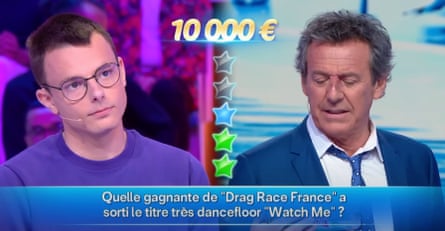
Émilien grew up in a small village in the Vendée in the west of France. His mother was a health assistant and his stepfather a builder. He was constantly asking questions as a child – on the quizshow, the presenter called him a “walking encyclopedia”.
In his living room, there are no piles of huge reference books, just a memoir of the French singer Barbara, which he’s currently halfway through. Instead, he now works by compiling an extraordinary Google Doc of facts that he has largely honed, tested and updated through online general knowledge quizzes. “I can sit and quiz for 16–17 hours a day without doing anything else,” he says. But equally as important is his membership of quiz club meet-ups in Toulouse, where he competes and sets questions in a room at the town hall – largely with pensioners, but with membership getting younger as trivia quizzes gain popularity in France.
“I just love learning,” he says. As a child he ploughed through scores of books about world records and interesting facts. “I’d learn them by heart, that’s how it all started.” Asked on the show to name the world’s busiest airport, he knew it was in Atlanta because he had read it in a book of world records when he was 10. He had begun watching The Twelve Strokes of Noon with his grandparents from the age of seven, and was soon taking notes. It was his grandmother, Yvonne, a retired childminder, who encouraged him to keep auditioning for the show – he had first tried when he was 18 but was deemed too shy. When he did get on the show, Yvonne came up to Paris for some of the filming, or appeared by video link encouraging him, and, she too, is now regularly recognised in the street.
It was during the Covid pandemic that Émilien’s quizzing went up a level. He was in his final year of school and spent much of the lockdowns in his bedroom. “I started watching and rewatching TV quizshow reruns on a loop,” he says. “I loved it. I noticed that sometimes the same questions would come round again and I’d memorised the answer. I thought if I keep watching, then I’ll have more answers and it was a kind of snowball effect. I really got into the addictive side of it at that point.”
He reckons he has watched and annotated so many quizshows that he must have been through hundreds of thousands of questions, noting down answers in one-word memory prompts in his Google Doc that is now about 180 pages long. He can sit for hours revising and testing his memory.
The things he chooses to note down are often linked to topics that frequently come up. “If a question is ‘What Finnish classical composer …’ there’s really only one Finnish classical composer who comes up in the quizzing world: Jean Sibelius. So I noted him down a few years ago and he’s come up so often I now don’t need to look at my notes.”
What about the football questions? Do you watch sports channels, I ask. He looks surprised. “I don’t learn the makeup of teams, for example Paris Saint-Germain, which would interest a fan. I learn older information that a football fan wouldn’t have or necessarily be interested in.” These include the intricacies and stats of World Cup history and the Ballon d’Or.
But revision sheets are only going to get you so far – particularly when TV general knowledge quizshows span such a wide breadth of questions, from medieval monarchs to winners of Drag Race France. Émilien believes there is no such thing as a hierarchy of better or worse trivia – Beethoven and Pokémon are on a par when the question timer starts. For that broad breadth of knowledge, he has another quite simple but very fulfilling skill, he says: “listening”.
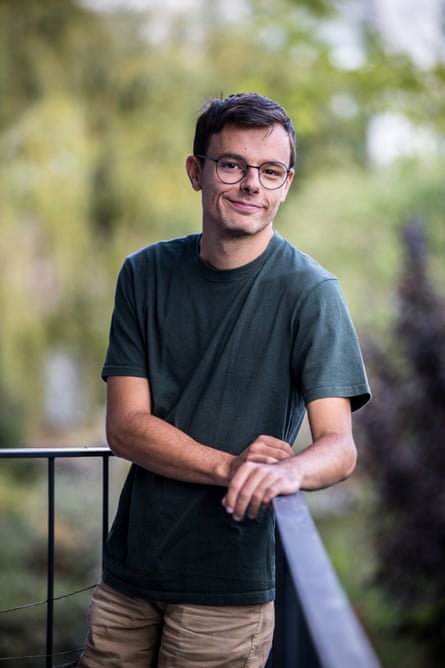
If you listen extremely carefully when you’re in conversation with anyone about anything, facts will pop up that you can jot down, he says, which makes life pretty enjoyable, and conversations very enriching. This was particularly true when he had to revise contemporary music – it proved much more efficient to listen carefully in every single conversation where someone might mention a playlist. “It’s simple,” he says. “In any everyday conversation with anyone about anything at all, the discussion might turn to, ‘Oh, didn’t you know that?’ And I’ll go and jot it down. A fact might come up that interests me and I’ll take out my phone and say ‘hang on a second, I’m noting that down’. There are so many interesting facts everywhere around us.”
The secret of his success is ultimately paying attention. “I realised that when you pay very careful attention to new things, even to new words that you’ve skipped when reading a book, it’s like making new discoveries for the first time. Being curious is the starting point for everything in life. I’ve always loved learning things and I think that curiosity is the basis for anyone interested in quizzing.”
That ability for close listening and concentration sometimes made him appear to have supernatural powers on screen. Once, the presenter began a question “On what sea …” and Émilien immediately interjected: “The sea of tranquility”. It was the right answer (the rest of the question was about the Apollo 11 landings) and there was stupefaction on set. How was this possible? “Generally when someone asks, “on” what sea, rather than “in” what sea, the answer is a sea on the moon,” he says. “So in terms of probability it was likely to be that and in a split second I decided to try it.”
The filming of the quizshow was intense. It was compressed into shoots of several weeks of five to six back-to-back episodes a day, where contestants would stay in a hotel near the studio outside Paris. Between filming sessions, Émilien would have a break of often more than a month, returning to Toulouse to revise at home every day for 16–17 hours.
“You could film 75 episodes in three weeks,” he says. “I like to compare it to an exam … Filming a quizshow is like doing two to three exams a day.”
To counter the stress (“which peaked just before you went on and carried on all through the episode”), sleep was his rule. “I need 10 to 11 hours a night,” he says. Once, after a train delay, he got to his hotel at 2am the night before shooting, and only got five hours’ sleep. His mind wandered for a split second during a question about the French town of Albertville in Savoie – meaning he missed a crucial part of the question. He got it right from guesswork but it was stressful.
There were rituals when filming, little superstitions to try to help him through. “I always ate a fruit compote before each episode. If I hadn’t had time to do that, I’d feel quite unsettled.” He always entered the set by the same door and put his water bottle in the same place.
Was he eating special food for his brain? He looks perplexed. “Honestly, I’d be the last person to advise on nutrition … I didn’t drink enough water, I’d have a burger at night and a sandwich during the day and that was it.”
The question now is what does he do with all these facts, post-quizshow? Do they still bring joy? Émilien is adamant they do. And the key is moving certain topics from the Google doc into real life. “I knew nothing about botany when I started quizzing,” he says. “And I built up a vast knowledge of theory. If you gave me a plant’s name, I could tell you what family it was from. But although I could categorise a carnation, I couldn’t actually recognise a carnation in real life. So now I’ve started paying lots more attention to trees and flowers, and the other day I recognised a strelitzia plant in a garden and I was so happy. It doesn’t take much to make me happy, but there you are.”
His cultural tips also come from his quizzing knowledge. Perhaps inevitably, quizzers know about a lot of films they haven’t actually watched. He decided to watch Louis Malle’s 1950s French masterpiece Lift to the Scaffold because it came up so often in questions. He loved it. Likewise, Milan Kundera’s The Unbearable Lightness of Being is now his favourite book after it came up so often and so many other quizzers recommended it.
He is now taking a year off before potentially resuming his history studies, taking part in online general knowledge meet-ups with the influential French trivia and gaming streamer, Étoiles, and investigating whether he could have a future as a quiz streamer or question-setter.
He still goes to his regular Toulouse quiz club meet-ups. How do the others feel about your stardom, I wonder. He looks surprised. “Nothing changes just because you’ve been on TV,” he says. Others have been on TV quizshows, too, and no one is in the slightest bit fazed. “We’re all there to quiz, to share questions, to learn things, we have fun and that’s it.”
He’s still curious, and he’s still adding facts to his Google doc. As we’re packing up, Frédéric, our photographer talks about a photo project in the Tadrart Rouge mountain range in Algeria. “How do you spell that again?” Émilien asks as we leave.

 3 months ago
100
3 months ago
100
